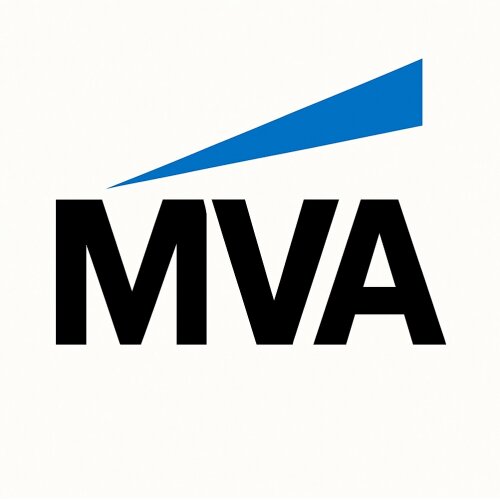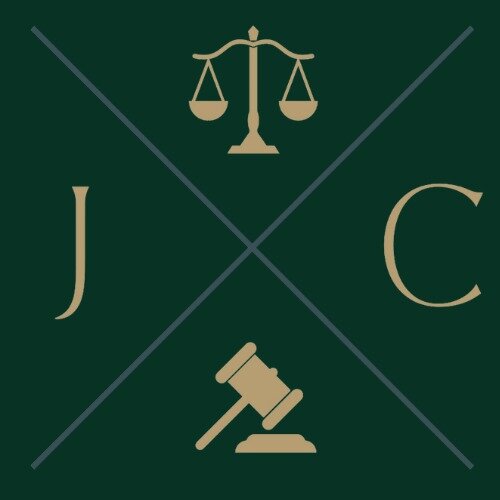Best Adoption Lawyers in Johannesburg
Share your needs with us, get contacted by law firms.
Free. Takes 2 min.
Free Guide to Hiring a Family Lawyer
List of the best lawyers in Johannesburg, South Africa
About Adoption Law in Johannesburg, South Africa
Adoption in Johannesburg, South Africa, is governed by the Children's Act 38 of 2005, which sets forth the legal framework for adoption processes throughout the country. Adoption aims to provide a child with a permanent family environment, and the welfare of the child is always the primary consideration. The process is designed to ensure that adoptions are conducted ethically and legally while prioritizing the best interests of the child. Johannesburg, being one of the major metropolitan areas in South Africa, has several agencies and legal practitioners specializing in adoption services, providing necessary guidance and support for all parties involved in the adoption process.
Why You May Need a Lawyer
Considering adoption can be a legally and emotionally complex process. Here are some common situations where a lawyer might be necessary:
- Understanding and navigating the legal requirements and procedures mandated by South African law.
- Assistance with the preparation and submission of necessary documentation and court filings.
- Representation in matters where the consent of the biological parent(s) is contested or difficult to obtain.
- Guidance on the rights and responsibilities of adoptive parents.
- Legal advice when adopting a child from another country (international adoption).
- Ensuring that all actions taken are in compliance with both local and international adoption laws.
Local Laws Overview
Adoption laws in Johannesburg, South Africa, adhere to the national standards set by the Children's Act. Here are key aspects to consider:
- All adoptions must be registered with the South African adoption register.
- The consent of both biological parents is typically required, unless specific exceptions apply (e.g., the parent is untraceable).
- Prospective adoptive parents must be screened and assessed by a designated social worker.
- A family member or a person who is found to have a significant relationship with the child may apply for adoption.
- An international adoption is only permitted when suitable local adoptive parents cannot be found, and it involves additional compliance with the Hague Convention.
- Court approval is necessary for the adoption to be finalized, and it is paramount that the adoption serves the child's best interests.
Frequently Asked Questions
What are the eligibility criteria for adoptive parents?
Adoptive parents must be fit and proper persons, determined through a thorough screening process. They can be married couples, single persons, or same-sex couples. They must be at least 18 years old and deemed suitable by a designated social worker.
Do I need the biological parents' consent in all cases?
The consent of the biological parents is generally required unless one or both parents cannot be located or are deemed unfit. There may also be specific circumstances outlined by the court that allow for adoption without consent.
What is the process for international adoption?
International adoption must comply with the Hague Convention and involves additional steps like acquiring clearances from both the South African central authority and the receiving country. The adoptive parents should also consider the time and complexity involved in such processes.
How long does the adoption process take?
The duration varies greatly depending on individual circumstances. It can take anywhere from several months to a few years, especially if international adoption or contested cases are involved.
What rights do adoptive parents have?
Adoptive parents acquire all the rights and responsibilities of the biological parents once the adoption is finalized, and these are recognized as legally binding.
Can adoptions be reversed?
Reversals are legally complex and rare; they typically can only be pursued within a short period if the adoption was not in the best interests of the child, or if it occurred under duress or fraud.
What is the role of a social worker in adoption?
A social worker conducts assessments to evaluate the suitability of prospective adoptive parents, ensures the child's welfare is prioritized, and helps guide both parties through the legalities involved in the process.
Are there financial support options available for adoptive parents?
Some government subsidies and grants may be available depending on the child's needs and the adoptive parents' circumstances. These need to be explored within the specific context of each case.
Is it possible to adopt a relative's child?
Yes, this is known as kinship adoption. Such cases are subject to similar procedures and require legal authorization, but might be prioritized under certain conditions.
What happens once an adoption is finalized?
Upon finalization by the court, the adoption is considered legally complete. The child will receive a new birth certificate reflecting the change, with the adoptive parents recorded as the child's parents.
Additional Resources
Several resources can provide further assistance for those seeking guidance on adoption:
- Department of Social Development: Manages the legislation and policies related to child adoptions.
- South African Human Rights Commission (SAHRC): Protects and promotes children's rights during adoption.
- Adoption Panels: Many regions have designated bodies that oversee and approve adoption applications.
- NGOs and Child Welfare Organizations: Organizations like Child Welfare South Africa and the National Adoption Coalition of South Africa can provide support and information.
Next Steps
If you are considering adoption and believe you need legal assistance, the following steps can help guide you:
- Contact a reputable lawyer who specializes in family or adoption law to discuss your situation and assess your needs.
- Reach out to a registered adoption agency or social worker who can provide initial guidance and resources.
- Gather and prepare all necessary documents, including identification and any relevant legal records.
- Attend any required informational sessions or meetings with social workers or adoption agencies to better understand the process.
- Consider joining support groups or forums for adoptive families to gain insights and build a support network.
Lawzana helps you find the best lawyers and law firms in Johannesburg through a curated and pre-screened list of qualified legal professionals. Our platform offers rankings and detailed profiles of attorneys and law firms, allowing you to compare based on practice areas, including Adoption, experience, and client feedback.
Each profile includes a description of the firm's areas of practice, client reviews, team members and partners, year of establishment, spoken languages, office locations, contact information, social media presence, and any published articles or resources. Most firms on our platform speak English and are experienced in both local and international legal matters.
Get a quote from top-rated law firms in Johannesburg, South Africa — quickly, securely, and without unnecessary hassle.
Disclaimer:
The information provided on this page is for general informational purposes only and does not constitute legal advice. While we strive to ensure the accuracy and relevance of the content, legal information may change over time, and interpretations of the law can vary. You should always consult with a qualified legal professional for advice specific to your situation.
We disclaim all liability for actions taken or not taken based on the content of this page. If you believe any information is incorrect or outdated, please contact us, and we will review and update it where appropriate.















